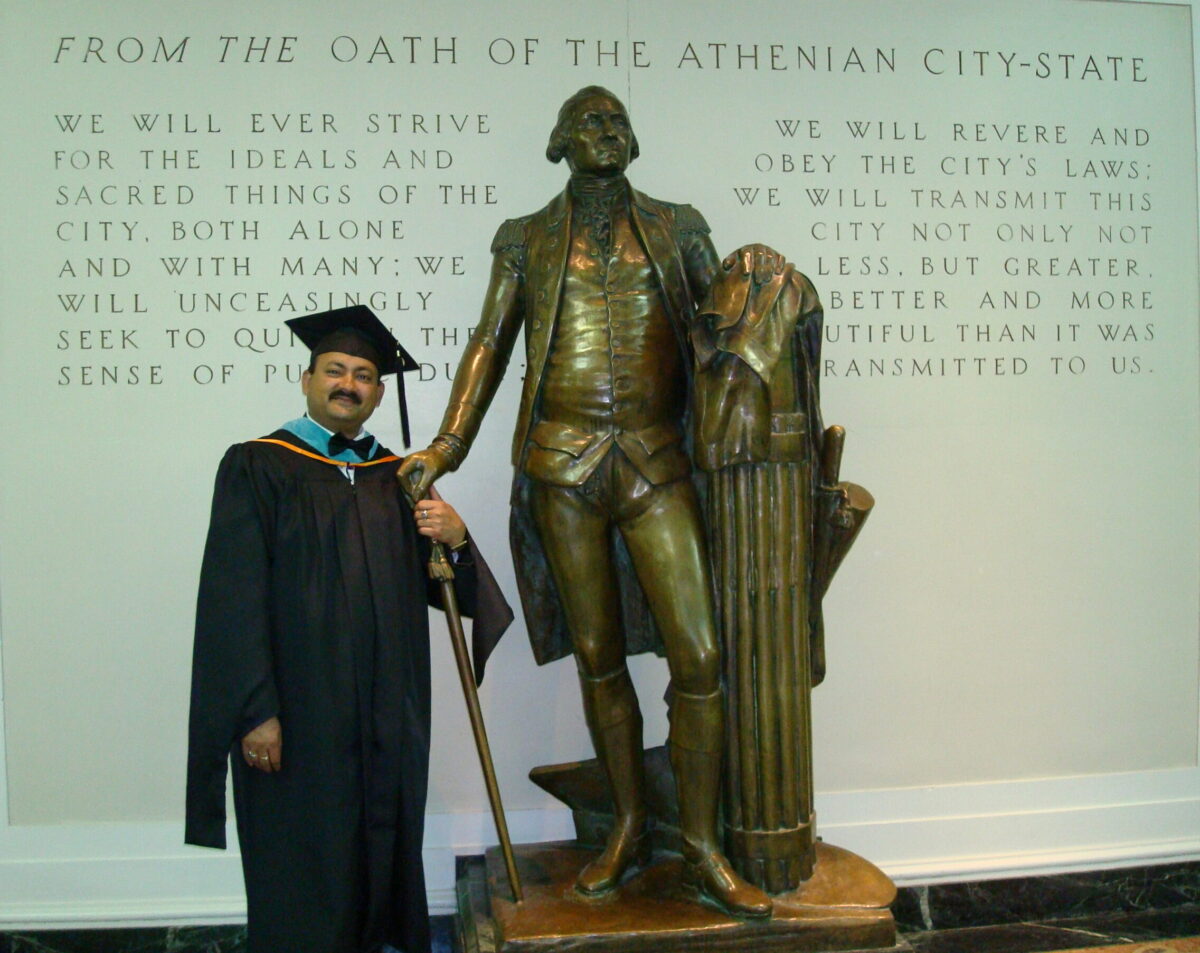 इतना भी क्या…? ITNA BHI KYA…?
इतना भी क्या…? ITNA BHI KYA…?
(WHAT IS SO MUCH…?)
Sandeep Silas ‘deep’
इतना भी क्या की ख़ंजर उठा लिया ?
मुस्कुरा के भी तो जान ले लेते हैं लोग ।
ऐसा भी क्या की प्याला–ए–ज़हर ला दिया?
राज़ छुपाए भी दैर–ओ–हरम चले जाते हैं लोग ।
इतना भी क्या की खुदा को भुला दिया ?
ता ज़िंदगी दुआगो भी तो रह लेते हैं लोग ।
ऐसा भी क्या की कलाम–ओ–ग्रंथ जला दिया ?
आयतों में भी तो सुकून तलाश लेते हैं लोग ।
इतना भी क्या की वादा–ए–वफ़ा से पर्दा किया ?
अदावत को दिल रख के भी रह लेते हैं लोग ।
ऐसा भी क्या की राह–ए–रंजिश ही लिया?
रिश्तों का वज़न भी तो उठा लेते हैं लोग ।
इतना भी क्या की चाँद से बैर ही किया ?
दुश्मनी में भी दिल लगा लेते हैं लोग ।
ऐसा भी क्या की रुख़ पे इबलीस उतार लिया ?
पेशानी पे तो नूर की ख़्वाहिश रखते हैं लोग ।
इतना भी क्या की कोई “दीप” के खून का प्यासा जिया?
लहू पी के भी इंसान बने रहते हैं लोग ।
Itna bhi kya ki khanzar utha liya?
Muskura ke bhi to jaan le lete hain log
(What is so much that you picked up a dagger?
People take a life with a smile too)
Aisa bhi kya ki pyala-e-zahar la diya?
Raaz chhupaye bhi dairo-haram chaley jaatey hain log
(What is that the cup of poison was offered?
People hide secrets and still bow in a temple & mosque)
Itna bhi kya ki Khuda ko bhula diya?
Ta zindagi duago bhi to reh lete hain log
(What is so much that you even forgot the existence of God?
People live their entire lives immersed in prayer too)
Aisa bhi kya ki kalaam-o-granth jala diya?
Aayaton mein bhi to suquun talaash lete hain log
(What is that the Holy Scriptures were burned?
People find their peace in the verses too)
Itna bhi kya ki wada-e-wafa se purdah kiya?
Adaavat ko dil rakh ke bhi reh lete hain log
(What is so much that you forgot the promises made in faith?
People can hide malice in the folds of their hearts and live)
Aisa bhi kya ki raah-e-ranjish hi liya?
Rishton ka wazan bhi to uthaa lete hain log
(What is that you took to the road of enmity?
People carry the burden of relationships too)
Itna bhi kya ki chand se bair hi kiya?
Dushmani mein bhi dil laga lete hain log
(What is so much that you have ill-will for the Moon?
People engage their hearts in hostility too)
Aisa bhi kya ki rukh pe Iblis utaar liya?
Peshani pe to noor ki khwaahish rakhtey hain log
(What is that you fused your face with the Satan’s?
People actually wish for divine light to glow on their face)
Itna bhi kya ki koi “deep” ke khoon ka pyasa jiya?
Lahu pee ke bhi insaan bane rehtey hain log
(What is so much that someone lives thirsty for “deep’s” blood?
People drink blood and yet pretend to be human)
(Written: Delhi; 12 October 2019; 6.00 am to 7.07 a.m.)









